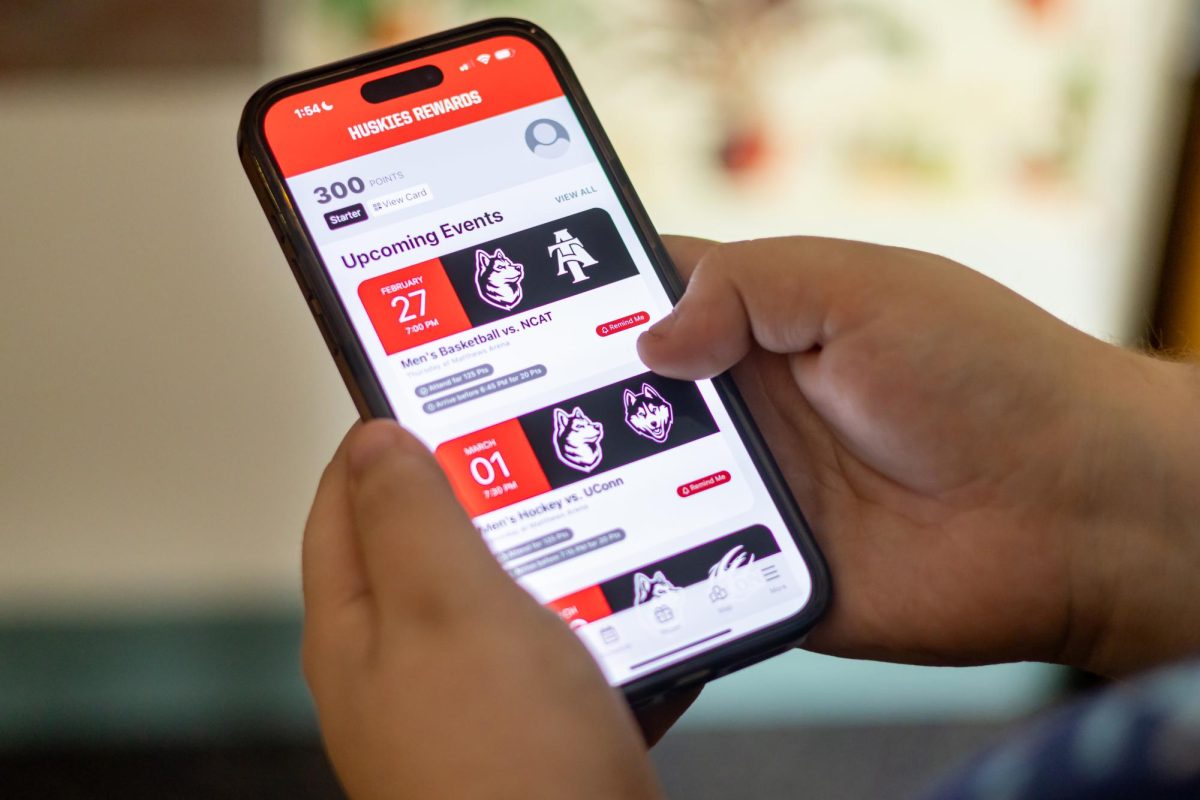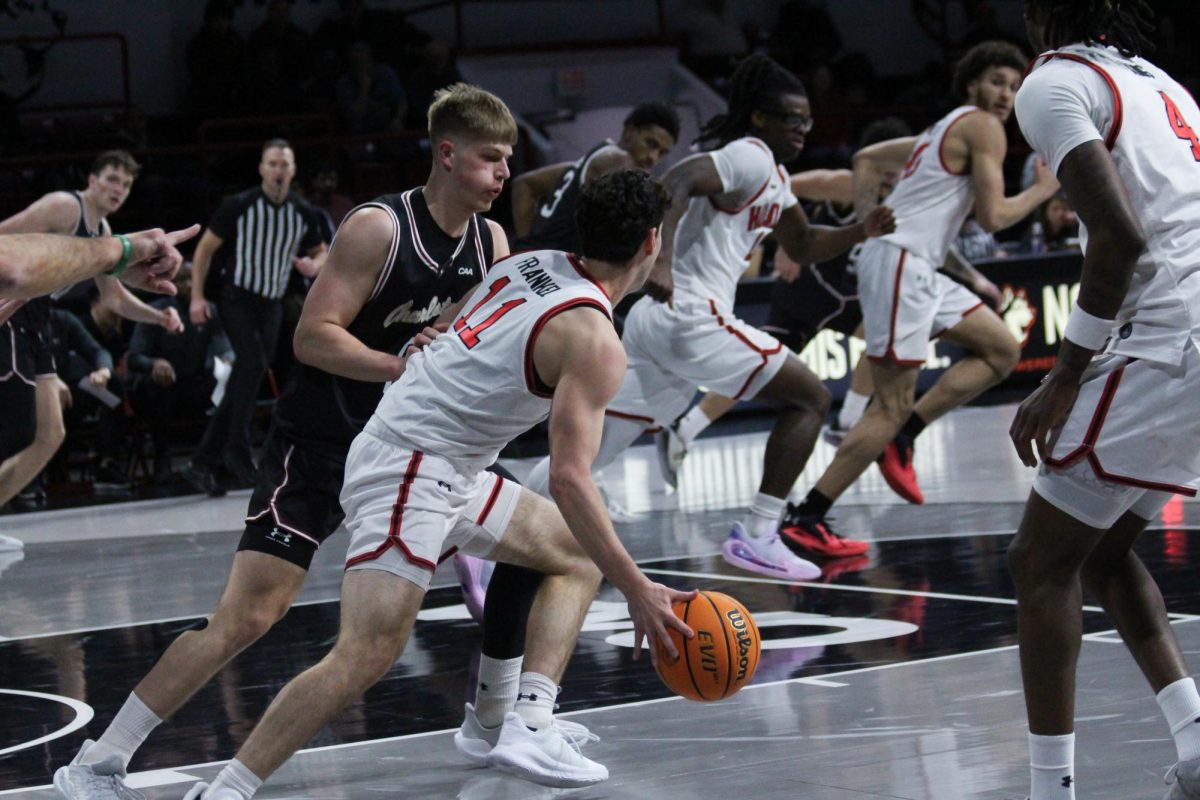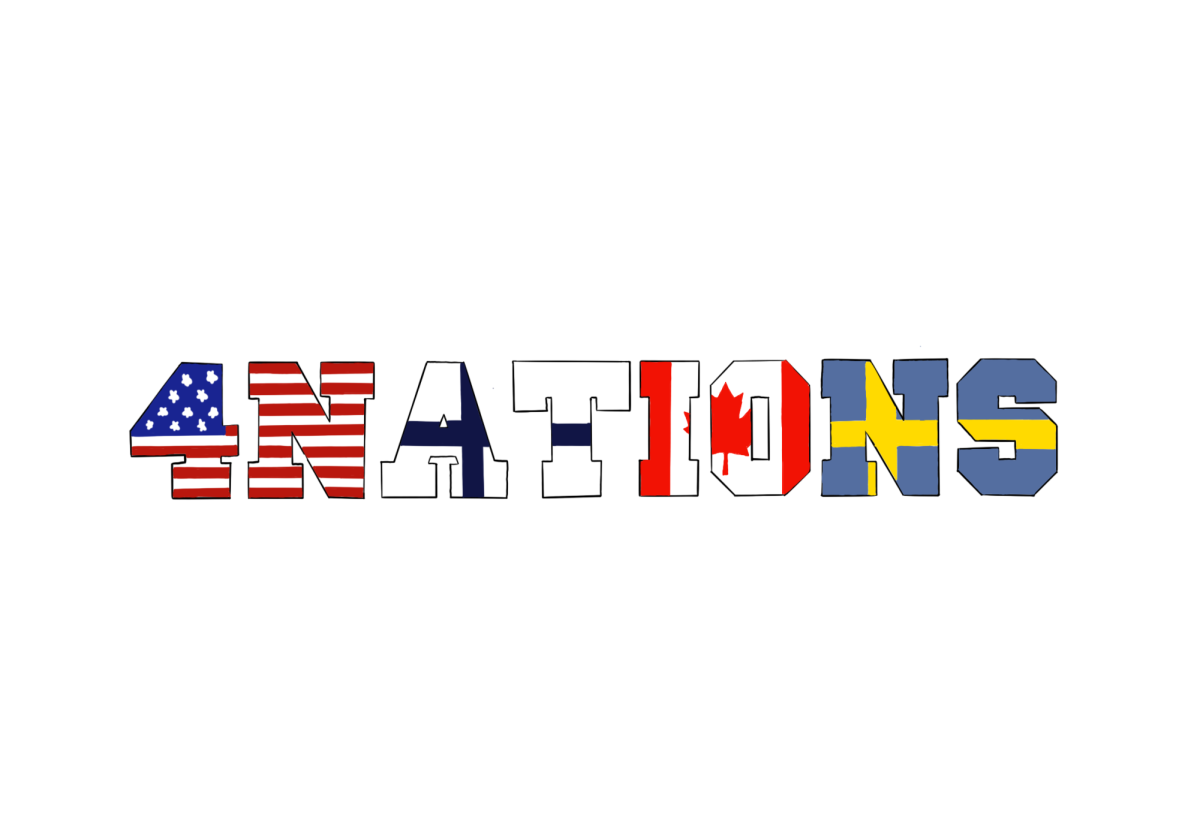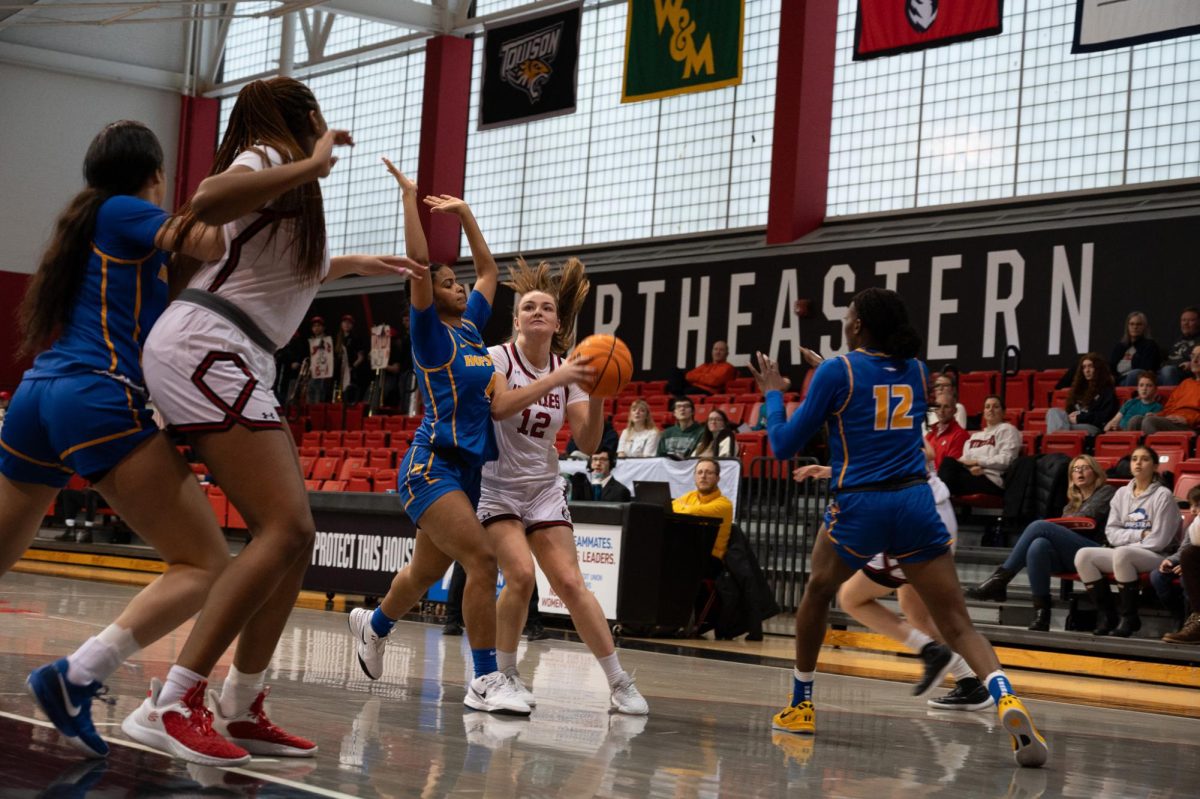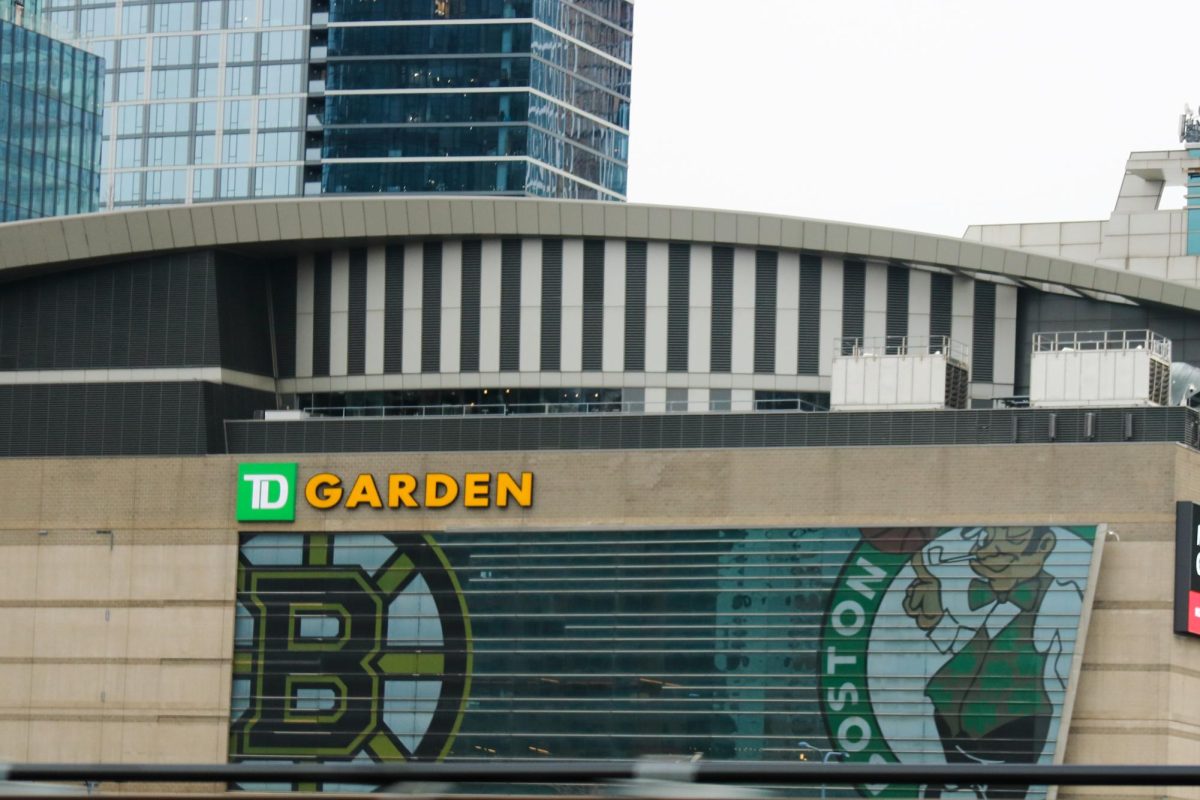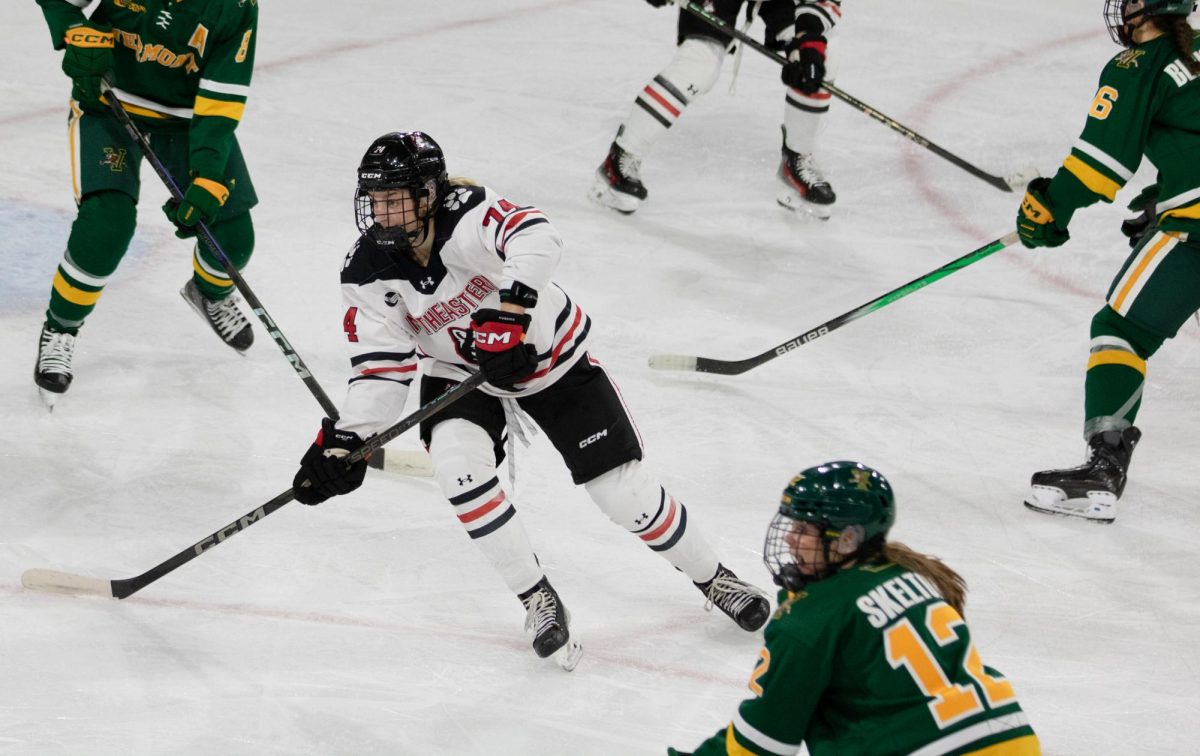For as long as I can remember, with few exceptions, sports have always been a distraction – a respite from the realities of whatever else was going on in the world.
It took 10 days for any professional sport to resume play after the terrorist attacks on Sept. 11. Shea Stadium hosted the first game back as the New York Mets and the Atlanta Braves tried to return an entire country to normalcy.
Down 2-1 in the eighth inning, Mets catcher Mike Piazza crushed a go-ahead two-run homerun to left-center field. Shea Stadium erupted.
It was the collective uncontrollable scream of a crowd, a country that needed a release and desperately longed for some semblance of everyday life.
I was 11 years old when I watched that game. I was a frightened fifth grader sitting on the couch with my parents in our suburban New Jersey home, unable to even comprehend what had happened 10 days before. The fact that sports had been suspended was more of a signal than anything else that I should be scared.
That was what I found so jarring about the bombing at the Boston Marathon on Monday afternoon. This was our race and our day off, a unique celebration of athletic achievement and provincial pride.
What had started as sport ended in a crime scene. The very thing we rely on to escape became something we needed a distraction from. Our rival sports cities were quick to respond.
The Chicago Tribune sports section ran a special cover Tuesday that said “We are Chicago Red Sox, We are Chicago Celtics, We are Chicago Bruins, We are Chicago Patriots, We are Chicago Revolution,” against a black background.
Similarly, the New York Yankees played “Sweet Caroline” after the third inning of their home game against the Arizona Diamondbacks on Tuesday in homage to the longstanding Fenway Park eighth inning tradition.
A cartoon from The New Yorker depicted a father sporting a Yankees cap with his daughter, both wearing shirts with a big “B” across the chest. The father is explaining “Yes, we like the Yankees, but today we’re all rooting for Boston.” The drawing so perfectly captures trying to communicate the head-scratching logic that inexplicably makes sense to any fan.
It’s cliché to say that sports transcend social barriers, but the reality is that they allow expression that isn’t easily articulated otherwise. How else could you meaningfully communicate that the millions of New Yorkers and Chicagoans have committed their support to Bostonians?
The same passion and devotion that can cause barroom fights and bench clearing brawls was the symbol of solidarity, that we as Bostonians weren’t alone. These are the kinds of acts that only sports fans could appreciate, because only sports fans could understand how something seemingly so inconsequential could mean so much for both sides.
Our specific team allegiances may separate us, but the feeling of fandom is a common thread that weaves together our otherwise diverse, heterogeneous population. It is, when all other means have been exhausted, one of the few commonalities that knows no bounds.
I hope that we won’t see another event any time soon that would warrant this kind of reaction, but if we do, I know that no matter where it happens, there will be a crowd of fans rallying behind the affected.
– Dylan Lewis can be reached at [email protected]



